Amazon has committed to converting its vast operations to net-zero carbon by 2040, and one path leading to that goal is its $2 billion Climate Pledge Fund, which aims to invest in startups that will help Amazon close the carbon gap. Matt Peterson leads that fund, and we are delighted that he will be speaking
Category: Uncategorized
Stanley Chan (Chen Qiufan), author of The Waste Tide: Looking back on the future
The science-fiction sub-genre “cli-fi” (climate fiction) goes back at least to Jules Verne’s Purchase of the North Pole (1889), but one of its modern masters is author Stanley Chan (Chen Qiufan), author of The Waste Tide, who will join the SOSV Climate Tech Summit (Oct 20-21) for a discussion with Jason Pontin, DCVC partner and
Bill Gates and Breakthrough Energy: Accelerating viability at the SOSV Climate Tech Summit
Bill Gates is the ultimate startup founder, and he’s committed to heading off a climate catastrophe. We are delighted to announce that Bill Gates is a featured speaker at the first SOSV Climate Tech Summit (Oct 20-21). Register today for this free, virtual event. Check out the full agenda. It came as no surprise in
How your climate tech startup can receive millions from the NSF, ARPA-E, or the European Innovation Council’s “Green Deal”
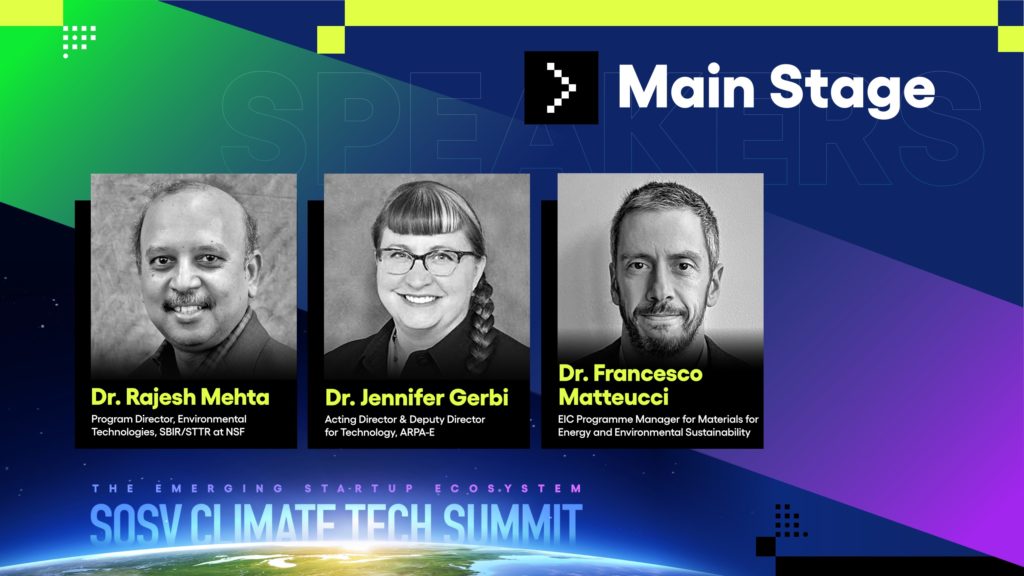
By now you’ve heard the SOSV Climate Tech Summit qualifies as a must-attend event, so save the dates (Oct 20-21) and register for free. The Biden administration and the EU have committed billions over the coming years to support innovation in climate technologies. This discussion will help founders of aspiring and existing startups understand the
Join ARPA-E, The European Innovation Council Executive Agency, Elemental Excelerator, Katapult VC, and the NSF at the SOSV Climate Tech Summit
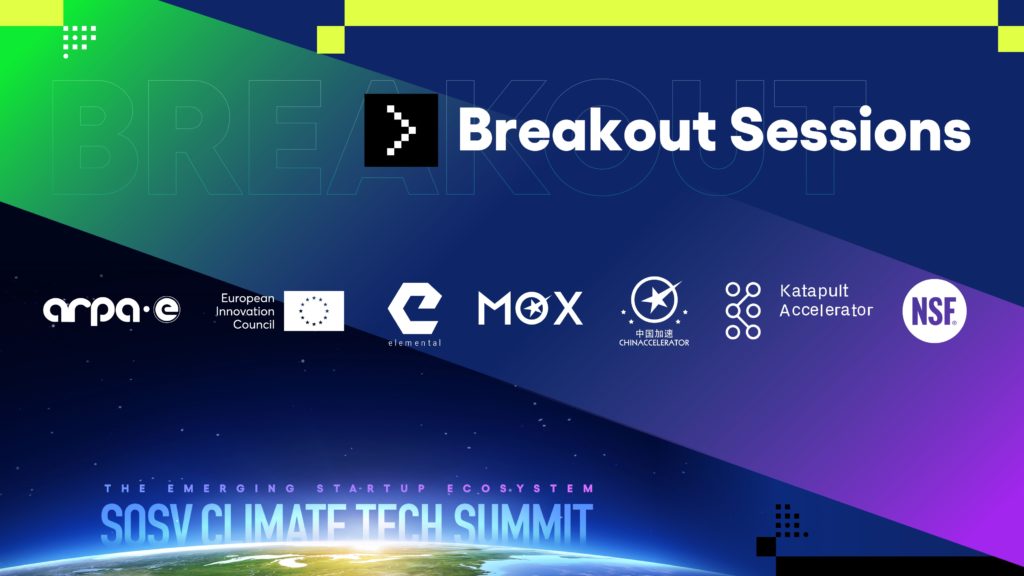
Don’t forget to register for the SOSV Climate Tech Summit—no excuses, registration is free (Oct. 20-21). We’re particularly excited about the 18 Breakout Sessions hosted by climate tech heavy hitters who invest in early stage accelerators and programs. The Sessions are live, attendees can ask questions, and presenters are decision-makers at these programs. These Breakouts
Go deep with Khosla Ventures, Prime Movers Lab, Techstars Energy, Energy Impact Partners, HAX, and Greentown Labs at the SOSV Climate Tech Summit
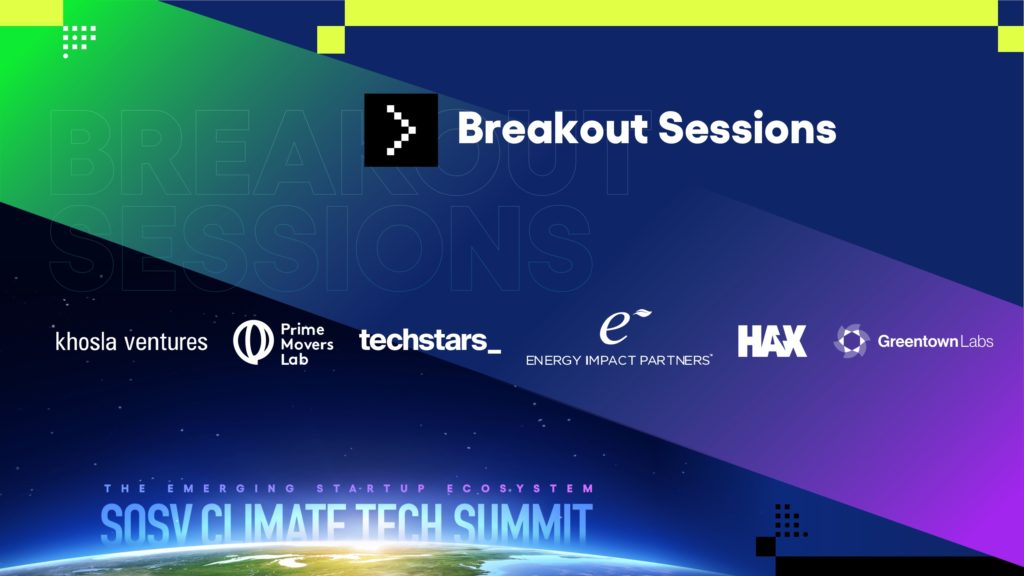
Registration is free for the SOSV Climate Tech Summit (Oct. 20-21) and the speaker lineup is impressive—including the 18 Breakout Sessions produced by top pre-seed and seed VCs and programs that focus on climate tech. The Sessions are live, attendees can ask questions, and presenters are top folks at each of the programs. These Breakouts
Beyond “beyond”—next-generation alternative proteins can help reach “peak meat”
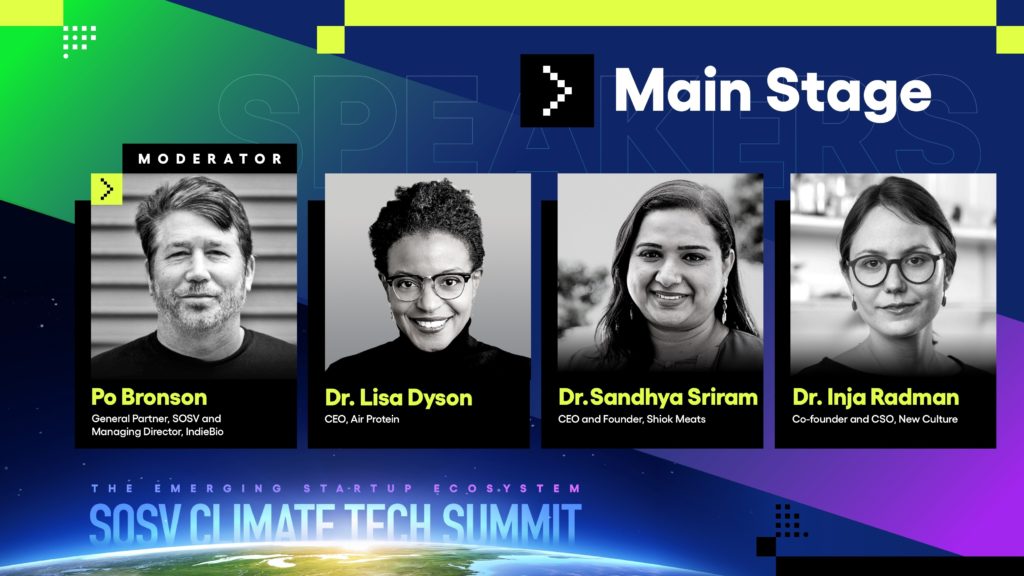
Save the dates (October 20-21), the SOSV Climate Tech Summit will be here before you know it. Register for free. Seventy percent of Americans have tried alternative protein products, but the sector’s actual market share is still just around 3%. This suggests consumers are very open to foodtech, but durably making a dent in climate
Go full Q&A with The Engine, DCVC, Urban Us, IndieBio, Third Derivative, and MassChallenge at the SOSV Climate Tech Summit
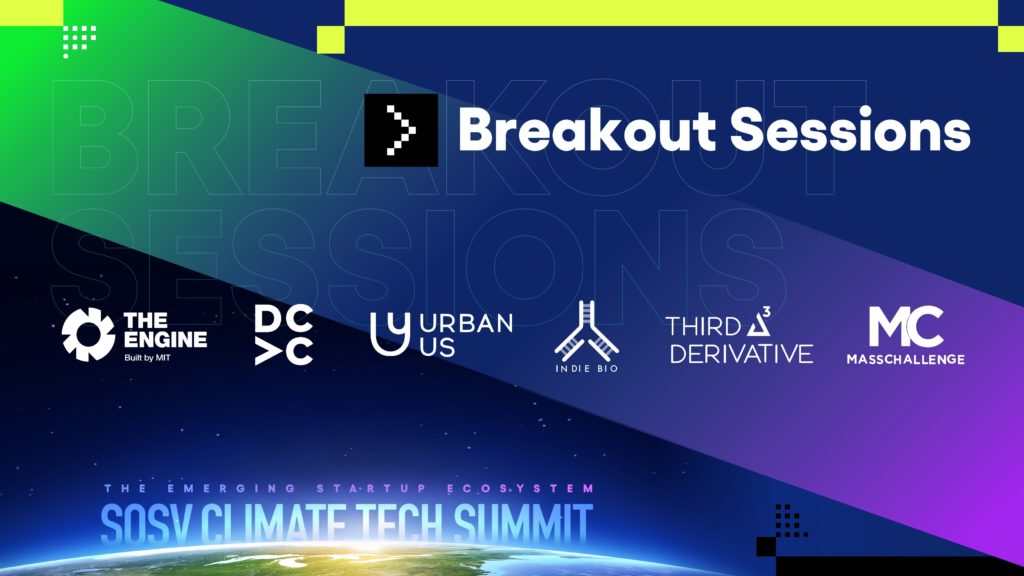
The SOSV Climate Tech Summit is coming up fast (Oct. 20-21 Register now – It’s free) and a big part of the agenda are the 18 Breakout Sessions produced by top pre-seed and seed VCs and programs that have a focus on climate tech. These Sessions are live and attendees can ask questions. The Breakouts are
Can we capture carbon in a big way? An affordable way? Noya, NovoNutrients, and Lowercarbon Capital think so
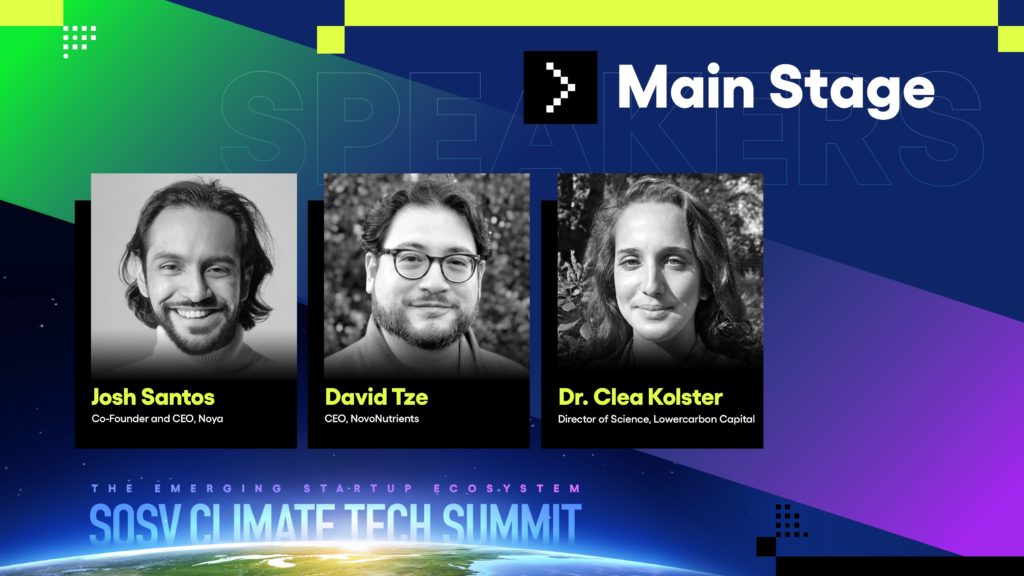
What to do with CO2 is a big topic at the SOSV Climate Tech Summit (Oct. 20-21). Get your free pass now. The Biden administration just pegged the price of CO₂ emissions at $51 per ton, and China launched its ETS in July, with prices hovering between $7 and $8 per ton. Globally, carbon offsets
Hear from SOSV, Techstars, Katapult, and Greentown Labs on how founders go from zero to funded
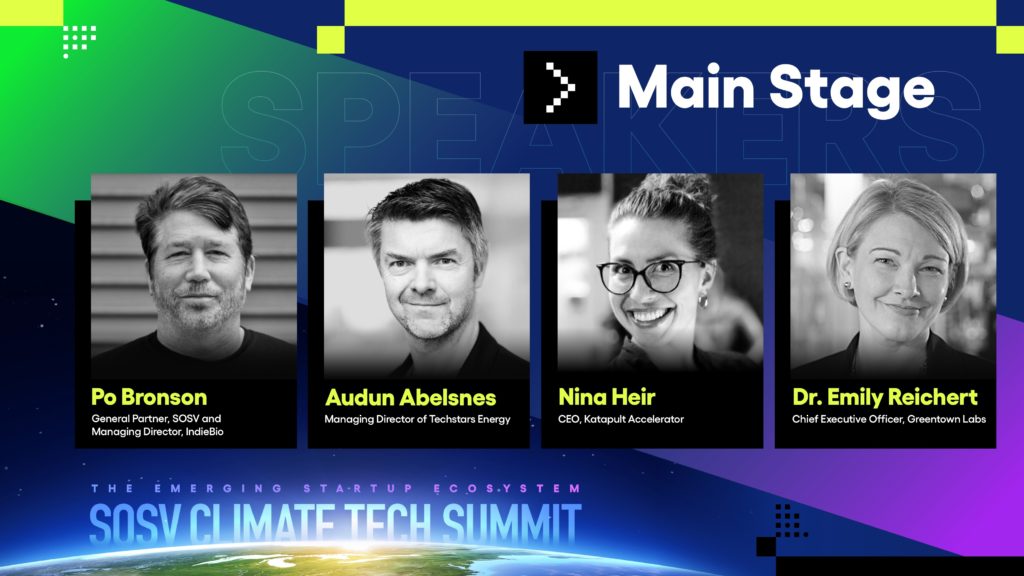
Over the past decade, the “accelerator” grew into a major feature of the climate startup ecosystem. Hundreds sprouted all around the globe to help founders with a small check, a roof over their head, some advice, and a like-minded cohort. Climate tech has its own specialized collection of programs aimed at helping zero-stage founders get
